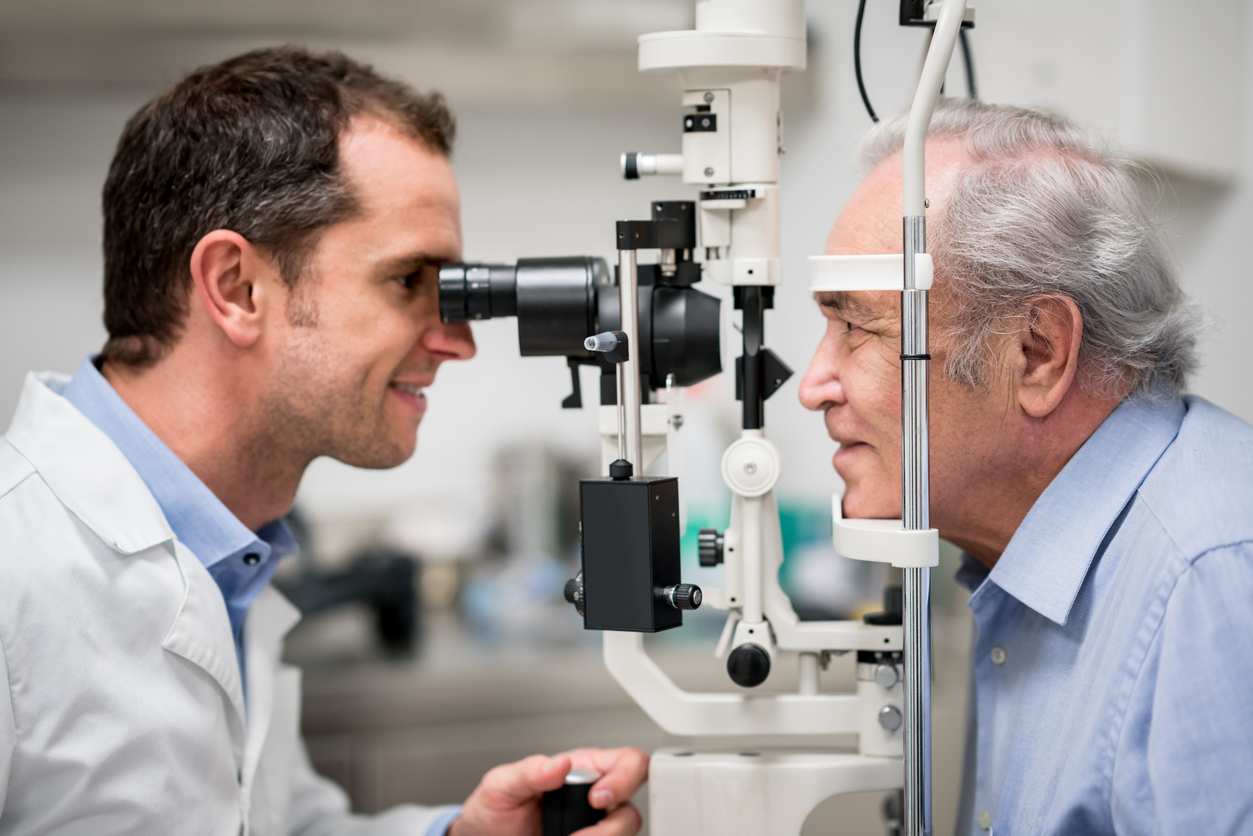Night Blindness: Symptoms, Causes, Treatment
What are the symptoms of night blindness?
Night blindness, also known as nyctalopia, is a condition that makes it difficult to see in low light or darkness. Symptoms of night blindness may include:
- Difficulty Seeing in Dim Light: People with night blindness often have trouble seeing in low-light conditions, such as at dusk or in dimly lit rooms.
- Slow Adjustment to Darkness: It may take longer than usual for the eyes to adjust to darkness after being in a well-lit environment.
- Reduced Visual Acuity at Night: Objects may appear blurry or unclear in low-light conditions.
- Increased Sensitivity to Glare: People with night blindness may experience increased sensitivity to glare from headlights, streetlights, or other bright lights when driving at night.
- Difficulty Driving at Night: Night blindness can make it challenging to drive safely at night, especially in poorly lit areas.
- Difficulty Seeing Stars: Some people with night blindness may have difficulty seeing stars or other celestial objects in the night sky.
- Impaired Peripheral Vision: In some cases, night blindness may be associated with a loss of peripheral vision, making it harder to see objects to the side while driving or walking at night.
Night blindness can be caused by a variety of factors, including vitamin A deficiency, retinitis pigmentosa, cataracts, and certain medications. If you are experiencing symptoms of night blindness, it’s important to see an eye care professional for a comprehensive eye exam to determine the underlying cause and appropriate treatment.
What are the causes of night blindness?
Night blindness, or nyctalopia, can be caused by various factors that affect the eye’s ability to function in low-light conditions. Some common causes of night blindness include:
- Vitamin A Deficiency: Vitamin A is essential for the production of rhodopsin, a pigment in the eye that helps with low-light vision. A deficiency in vitamin A can lead to night blindness.
- Retinitis Pigmentosa: Retinitis pigmentosa is a genetic disorder that causes progressive degeneration of the retina. People with this condition often experience night blindness as one of the early symptoms.
- Cataracts: Cataracts are a clouding of the lens of the eye, which can interfere with the passage of light and cause vision problems, including night blindness.
- Glaucoma: Glaucoma is a group of eye conditions that can damage the optic nerve and lead to vision loss. Some forms of glaucoma can cause night blindness.
- Diabetes: Diabetes can affect the blood vessels in the retina and lead to a condition called diabetic retinopathy, which can cause night blindness among other vision problems.
- Medications: Some medications, such as certain antihistamines, antidepressants, and antipsychotics, can cause or worsen night blindness as a side effect.
- Genetic Disorders: Some genetic disorders, such as congenital stationary night blindness, can cause lifelong night blindness.
- Age-Related Macular Degeneration (AMD): AMD is a condition that affects the macula, the central part of the retina responsible for sharp central vision. In advanced stages, AMD can cause night blindness.
- Injury or Trauma: Injuries to the eye or head can damage the retina or optic nerve and lead to night blindness.
- Other Eye Conditions: Other eye conditions, such as myopia (nearsightedness) or keratoconus (a cone-shaped bulge in the cornea), can also contribute to night blindness.
Treatment for night blindness depends on the underlying cause. It’s important to see an eye care professional for a comprehensive eye exam if you are experiencing night blindness or other vision problems.
What is the treatment for night blindness?
The treatment for night blindness, or nyctalopia, depends on the underlying cause. Some common treatment options include:
- Vitamin A Supplementation: If night blindness is caused by a vitamin A deficiency, vitamin A supplements may be prescribed to improve vision.
- Management of Underlying Conditions: Treating underlying conditions such as diabetes, cataracts, glaucoma, or retinitis pigmentosa can help improve night vision. This may involve medication, surgery, or other treatments as recommended by a healthcare professional.
- Adjustment of Medications: If night blindness is a side effect of certain medications, adjusting the dosage or switching to a different medication may help.
- Use of Corrective Lenses: Corrective lenses, such as glasses or contact lenses, may improve vision in low-light conditions for people with refractive errors such as myopia (nearsightedness) or astigmatism.
- Low-Vision Aids: For individuals with permanent vision impairment, low-vision aids such as magnifiers, telescopic lenses, or night-vision goggles may be helpful in improving vision in low-light conditions.
- Protecting the Eyes: Protecting the eyes from further damage, such as wearing sunglasses to reduce glare and avoiding exposure to harmful UV rays, can help preserve vision.
- Regular Eye Exams: Regular eye exams are important for monitoring vision and identifying any changes or complications early.
It’s important to consult with an eye care professional to determine the underlying cause of night blindness and develop an appropriate treatment plan. In some cases, night blindness may be a symptom of a more serious eye condition that requires prompt attention. Early detection and treatment can help preserve vision and improve quality of life.




